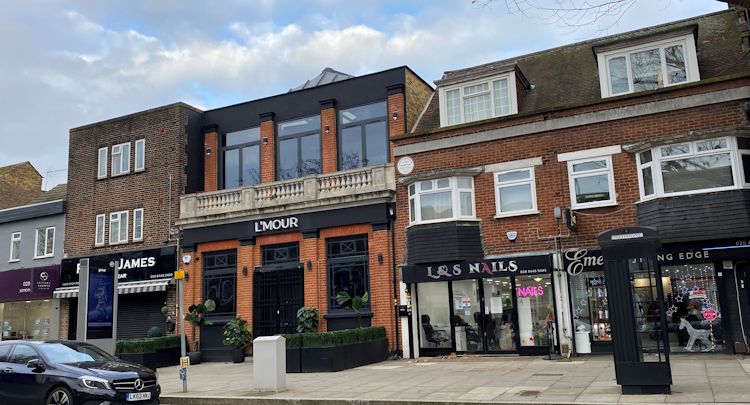
Being involved in the commercial property sector gives us a front-row seat to view the state of the UK economy. As you know, things have been better. Things have also been worse, so we can at least take comfort in the fact that the current economy isn’t as bad as it could be. Still, things like the decline of the high street remind us of the unpleasant realities we must face.
It used to be that the UK high street was the place to be. If you could establish a shop or pub on the high street, you could guarantee robust sales. But over the last decade (if not more), the high street has been in slow decline. A decline that was only exacerbated by COVID.
Below is a discussion of the various factors that have contributed to the high street’s decline. If you’re holding on to a high street property that continues to lose value, now might be the best time to sell it. Waiting could mean quite some time before it’s worth what it’s worth today.
Online Shopping Has Exploded
An estimated 50 high street shops per day were closing in the UK back in 2021. Pandemic restrictions were certainly contributing to the problem. But there was another contributing factor: an explosion in online shopping.
Brits have had a fondness for shopping online since it was first made a thing. Every year, it seems like online sales only grow. So it’s no surprise that online sellers didn’t miss a beat during the pandemic. High street shop owners didn’t fare so well. They continue to struggle today in the midst of heavy competition from the online sector.
Driving Is More Expensive
Shop owners already struggling against online competition aren’t being helped by the higher cost of driving. People are deciding to drive less as petrol prices climb. Meanwhile, higher parking charges in city and town centres make it difficult to justify all-day shopping trips that are more browsing than anything else.
The high street depends on foot traffic. Likewise, generating sufficient foot traffic means reaching customers outside of the city centre and encouraging them to drive into town. That’s just not happening at the same level it used too.
An Oversaturated Market
When UK economics are strong, it encourages growth in high street businesses. Unfortunately, excessive growth can lead to an oversaturated market that immediately begins to struggle when the economy slows down. We are seeing that now.
A 2018 Myers Clark report briefly mentioned the problem of too many high street shops competing for too little a market share. Keep in mind that economics were pretty good in 2018. Things are not so good these days. So much so that an oversaturated market simply cannot be sustained. That’s why we see so many retail shops sitting empty. There just isn’t enough demand to keep them going.
The Cumulative Result Is Not Good
The cumulative result of so many negative factors is not good. For starters, retail values are falling. This is leaving property owners with less valuable property and too much debt. Shop owners are struggling with higher rents as well. Buying is more difficult because property finance costs are going up.
There is little doubt that the UK high street is struggling. No one has a crystal ball capable of predicting how it will all turn out. We can only wait and see. In the meantime, though, we are still in the business of buying commercial properties. We have significant interest in the high street, so please get in touch with us if you have a property you think we should consider.